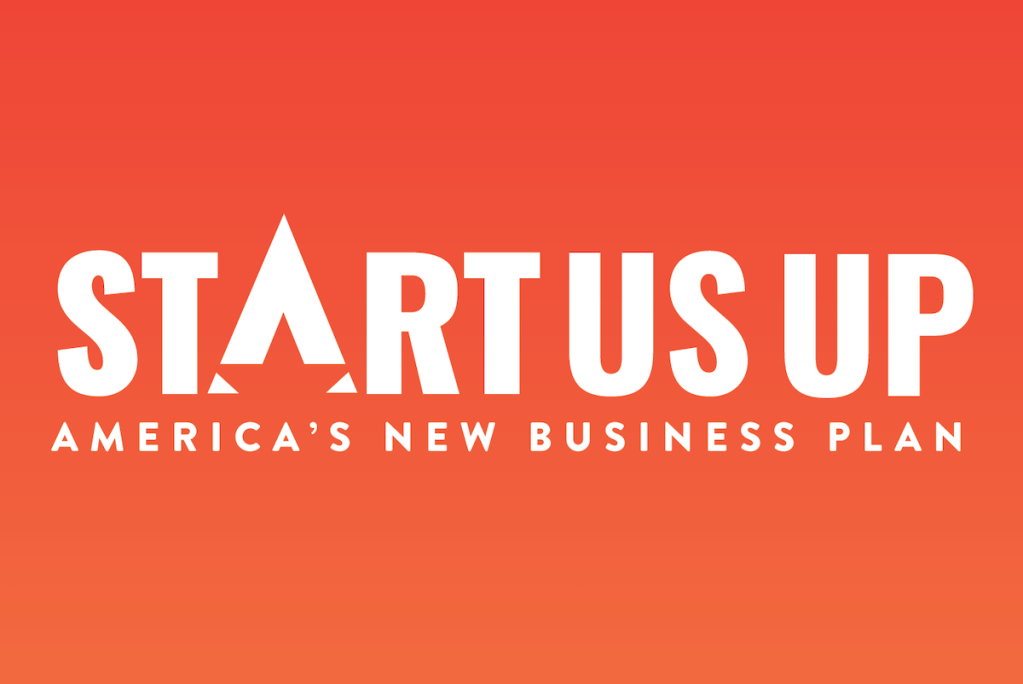August is National Black Business Month, a celebration of Black business owners across the country and an opportunity to reflect on the unique barriers they face. The disparate impact of COVID-19 on communities of color is well documented, but so too are the systemic challenges that make starting a business more difficult for Black entrepreneurs.
There is a long overdue spotlight on racial inequity right now, and the last few months has seen an increased focus on supporting local Black-owned businesses. In July, Yelp reported a 7,000% spike in searches for Black-owned businesses, and 75% of Black business owners reported an increase in business in a recent poll.
We’re encouraged to see so many members of the Start Us Up coalition doing their part, beginning with Hello Alice, which in June published a growing list of Black-owned businesses.
This week, we’re featuring commentary from across the coalition on the importance of strengthening Black-owned businesses in our communities.
CDFIs look for help to close lending gap
Gary Cunningham, president and CEO of Prosperity Now, shared commentary in the Washington Business Journal on closing the racial wealth divide by bolstering community-based lenders. Noting the pandemic’s devastating impact on Black entrepreneurship, as well as the role small businesses play in bringing economic stability to Black communities, Cunningham discusses his organization’s partnership with a consortium of community development financial institutions (CDFIs) to address relief shortcomings.
Fortis Capital Partners with Living Cities and the City of Minneapolis to Double Down on Bridging Racial Gaps in Access to Capital
Living Cities highlighted the City of Minneapolis’ commitment to ending disproportionate rates of business ownership in the city — 80% are owned by Minneapolis white population which comprises just 64% of the City. In partnership with Fortis Capital, the City aims to “provide flexible capital to entrepreneurs of color, innovate existing local loan structures to better meet the needs of disproportionally undercapitalized communities, and increase jobs and business ownership for Black and brown people.”
I’m a young, Black Kansas Citian planning to move – KC, why should I stay?
Commentary from Kauffman Foundation intern Olivia Williams outlines the changes she sees as necessary for Kansas City to become her long-term home. She mentions investment in Black youth, particularly by supporting and funding existing programs, and empowering Black communities with resources, funding, and support.
Black Entrepreneurs Urged to Seize the Moment Despite Difficulties
And finally, digitalundivided CEO Lauren Maillian was featured in a Wall Street Journal roundup of last month’s Race and Progress at Work forum. She discussed PPP (Paycheck Protection Program) shortcomings and other challenges Black entrepreneurs face amid COVID-19, but noted: “if there was [ever] a time when there was a spotlight and at least heightened conversation around supporting and finding and exploring Black-owned businesses, this is that time.”
Ms. Maillian said that federal aid had fallen short of what entrepreneurs needed to maintain their businesses throughout the pandemic, and said that the Paycheck Protection Program seemed to favor some larger corporations while shutting out some Black and Latina entrepreneurs who lacked the banking relationships necessary to participate. But she said there are several avenues worth exploring, including applying for micro-investments from digitalundivided and similar organizations focused on funding entrepreneurs of color, as well as crowd equity funding.
“If you are questioning your worth, your value in receiving funding, you have nothing to lose,” she said. “Write the email, ask for the check.”
Wall Street Journal

